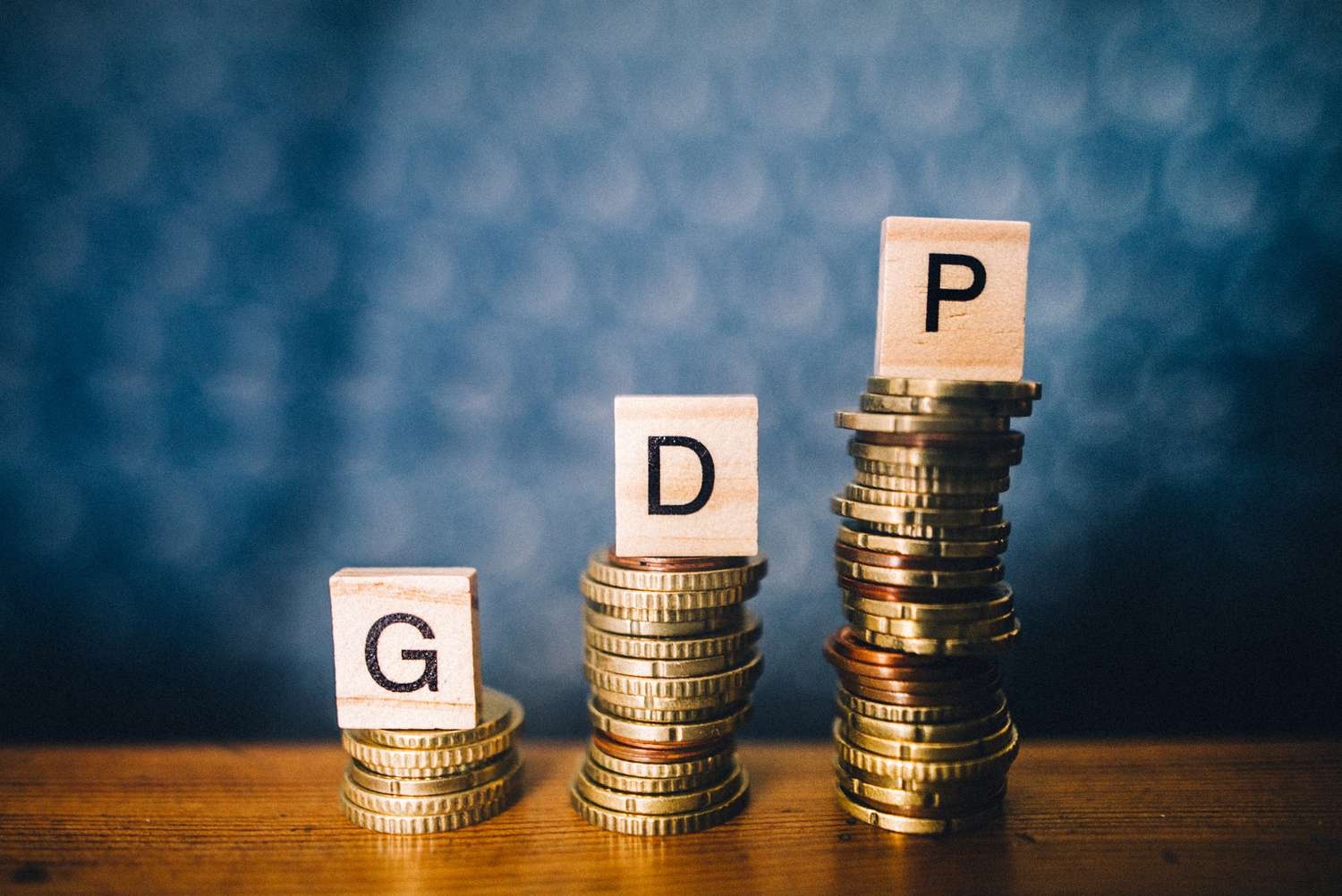Notice: Undefined index: banner_ad_width in /home/ayekooto/public_html/wp-content/plugins/quick-adsense-reloaded/includes/render-ad-functions.php on line 359
Notice: Undefined index: image_width in /home/ayekooto/public_html/wp-content/plugins/quick-adsense-reloaded/includes/render-ad-functions.php on line 359
Notice: Undefined index: banner_ad_height in /home/ayekooto/public_html/wp-content/plugins/quick-adsense-reloaded/includes/render-ad-functions.php on line 360
Notice: Undefined index: image_height in /home/ayekooto/public_html/wp-content/plugins/quick-adsense-reloaded/includes/render-ad-functions.php on line 360
The economy of Nigeria experiences a setback as GDP growth slows to 2.51%
By: Peace Adisa
Aug 25 (Ayekooto) – According to figures released on Friday, Nigeria’s annual economic growth rate dropped to 2.51% in the second quarter, affected by a drop in oil production in the midst of a number of reforms by the country’s new president Bola Tinubu intended to revive Africa’s largest economy.
The figure, which represents the country’s 11th straight quarter of growth, is the first to be made public since Tinubu started the nation’s most revolutionary reforms in decades in an effort to increase output, which has been weak for a number of years.
According to the National Bureau of Statistics (NBS), “this growth rate is lower than the 3.54% recorded in the second quarter of 2022 and may be attributed to the challenging economic conditions being experienced.”
Tinubu has eliminated a well-liked but expensive gasoline subsidy and eased limits on trading foreign exchange. However, the action has exacerbated inflation, which is already in double digits, fueling the rage and frustration of a populace facing a crisis in the cost of living.
At his inauguration in May, Tinubu pledged to reduce chronic insecurity while boosting the economy by at least 6% annually, removing obstacles to investment, generating jobs, and stabilizing the currency rate.
He took over an economy that was in trouble, with record debt, fuel and foreign exchange shortages, a depreciating naira, inflation that had reached a nearly two-decade high, skeletal power supplies, and plummeting oil production as a result of crude theft and underinvestment.
Nigeria, the largest oil producer in Africa, saw a decrease in daily oil production in the second quarter, from 1.43 million barrels per day (mbpd) in the same quarter of 2022 to an average of 1.22 mbpd (NGOIL=ECI).
The primary oil industry, which generates the majority of government revenue and 90% of foreign exchange reserves, experienced a 13.43% decline.
According to the NBS, the services sector, which increased 4.42% year over year, was the main driver of the second quarter’s growth.



Comment here